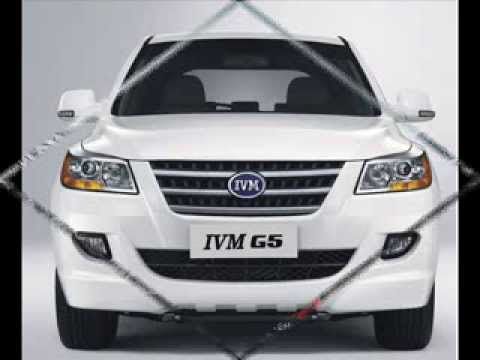Can Nigeria finally build cars for Nigerians, by Nigerians? Industry hopes so.
The Federal Government has officially launched the “Nigeria First” Automotive Policy, signaling a renewed commitment to local vehicle production, job creation, and reduced import dependency.
Auto industry stakeholders are already calling it a game-changer. But what does it really mean—and can it finally drive Nigeria toward a self-sustaining car industry?
Let’s unpack the policy, the hopes, and the challenges ahead.
What Is the “Nigeria First” Policy?
This policy, rolled out in early May 2025, puts local automotive manufacturing at the center of Nigeria’s transport future. Its goals include:
-
Boosting local assembly and production of vehicles.
-
Reducing the nation’s reliance on imported Tokunbo (used) cars.
-
Encouraging government agencies and parastatals to prioritize locally made vehicles.
-
Creating jobs across manufacturing, mechanics, logistics, and supply chains.
Why It Matters Now
Nigeria has long struggled to grow its automotive industry beyond small-scale assembly plants. Brands like Innoson, Stallion, and Jet Motor Company have made progress, but foreign imports still dominate the market.
The “Nigeria First” policy aims to change that by:
-
Offering tax incentives and support for local automakers.
-
Raising tariffs on fully built imported cars.
-
Enforcing strict local content requirements in government fleet procurement.
Industry Reactions: Hope and Hesitation
Local auto manufacturers have responded with cautious optimism.
Innoson Vehicle Manufacturing (IVM) praised the policy, noting it could finally give Nigerian-made vehicles a fighting chance. “This is what we’ve been waiting for,” one executive said. “If implemented seriously, we can expand production and hire more skilled workers.”
Other players, including Coscharis, Mikano, and Jet, have echoed support, urging the government to follow through with enforcement, not just good intentions.
Challenges Ahead
While the policy sounds promising, experts warn of real-world challenges:
-
Infrastructure problems: Poor roads, electricity supply, and port delays increase production costs.
-
Public perception: Many Nigerians still associate locally made vehicles with lower quality, even when it’s not true.
-
Price sensitivity: Imported used cars remain far cheaper than most locally assembled new ones.
-
Parts & raw materials: Without local manufacturing of steel, glass, and electronics, carmakers still depend heavily on imports.
What Needs to Happen Next
For the “Nigeria First” policy to work, stakeholders say Nigeria must:
-
Invest in automotive supply chains—rubber, steel, plastic, electronics.
-
Support technical education and training for mechanics and engineers.
-
Enforce procurement rules for public agencies (so they don’t ignore local options).
-
Expand access to auto financing for everyday Nigerians.
A Real Chance to Build Local
The launch of the “Nigeria First” Automotive Policy feels like a bold restart for a dream that began in the 1970s with Peugeot and Volkswagen. This time, though, it’s about Nigeria building its own future, not just assembling it.
With political will, industry support, and public buy-in, this policy could put Nigeria on the road to becoming Africa’s automotive powerhouse.
But as every driver knows—starting the car is just the beginning. Let’s see if this journey finally goes the distance.
